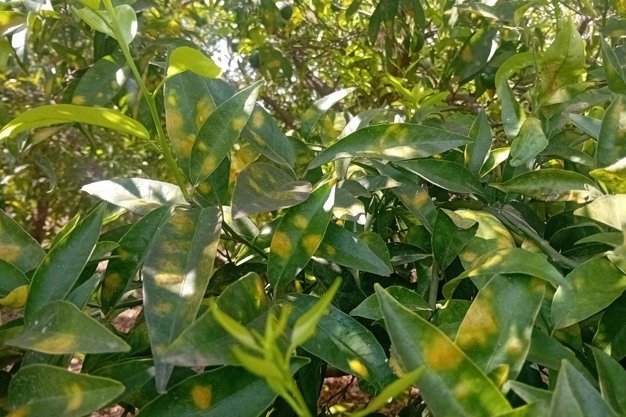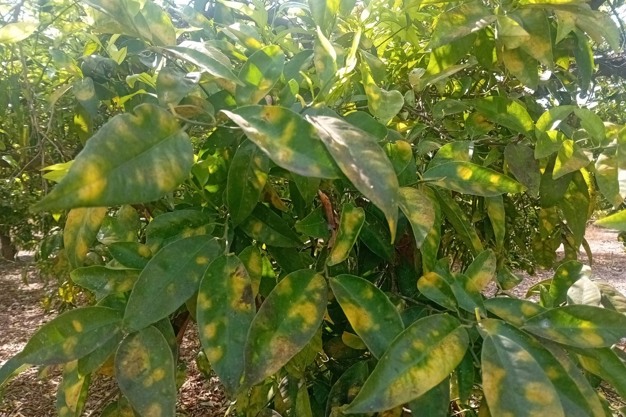La Unió Llauradora has conveyed to the Ministry of Agriculture its concern about the current situation of citrus mite control, in particular the control of red mites (Panonychus citri), eastern red mites (Eutetranychus orientalis), Texas mites (Eutetranychus banksi) and red spider mites (Tetranychus urticae), which have been seriously affecting plantations in the last two years.

These pests pose a significant threat to citrus production. To date, there are two authorized active substances with ovicidal action to control them: hexythiazox and clofentezin. Clofentezin, however, will be withdrawn this year and both active substances belong to the same chemical family (IRAC), which increases the risk of cross-resistance. Starting in 2025, hexythiazox will be the only active substance with ovolarvicidal action authorized in the market, leaving citrus professionals in an extremely vulnerable position. The lack of diversity in control tools hinders the effective management of these pests and favors the appearance of resistance, further aggravating the problem.
The situation is complicated by the lack of specific ovicides on the Spanish market caused by the lengthy approval processes for new phytosanitary products. That's why La Unió has asked authorities to consider authorizing new active materials with acaricidal and ovicidal action that can be used in citrus cultivation against these pests. In particular, they requested the exceptional authorization of Bifenazate (Acramite) and Ciflumetofen (Nealta).
The impact of Acramite on other insects in the plots is currently being evaluated, and La Unió believes that, once these studies are completed, authorities could quickly authorize if for citrus fruits.
In addition, La Unió believes that the authorization of Nealta for citrus fruits in Spain could be quickly achieved using existing studies, as it's already authorized for other crops in Spain (strawberry, top fruit, and tomato), and citrus crops in other EU countries such as Portugal and Greece.
Mite pests, particularly the oriental and Texas mites, affect crops in all seasons throughout the year. This persistence aggravates the damage and makes it difficult to control them using biological methods, which are not yet sufficiently developed for these species.

Given this situation, in a letter to the Minister of Agriculture, Luis Planas, La Unió requested that the necessary measures be taken to grant exceptional authorizations for these active ingredients, which can contribute decisively to the protection of the crops and the sustainability of the Spanish citrus sector.
"The lack of active ingredients to fight the pests constantly entering our country is alarming. Not only are authorities incapable of stopping the entry of pests, they are restricting the tools to fight them. As a result, producers have to use more phytosanitary treatments to combat these pests, increasing the growers' production costs," stated Carles Peris, secretary general of La Unió.
"It's essential citrus producers have control tools to carry out good agronomic management, reduce food waste, and achieve the best possible commercial outcome," Perris stated. To this end, the European Union should have a more coherent law on active-ingredient use in the Member States to protect plant health and control pests," he added.
For more information: Carles Peris
Carles Peris
La Unió
Tel.: +34 963 530 036
Email: launio@launio.org
https://launio.org
